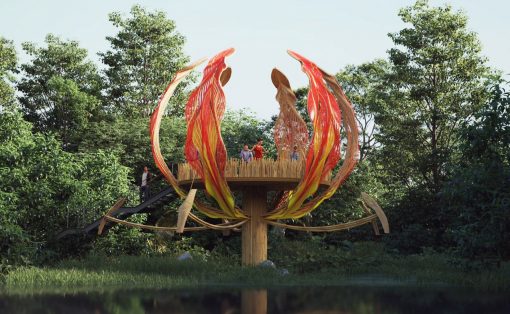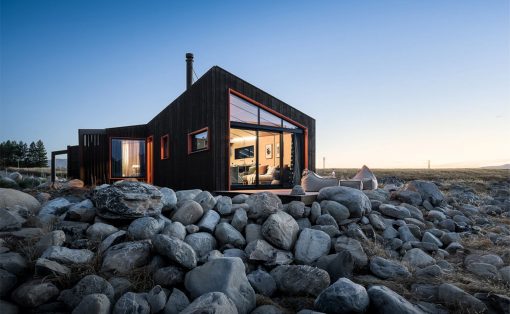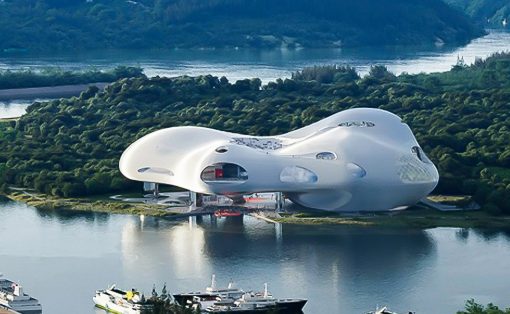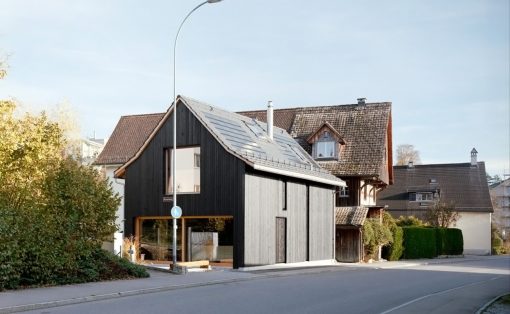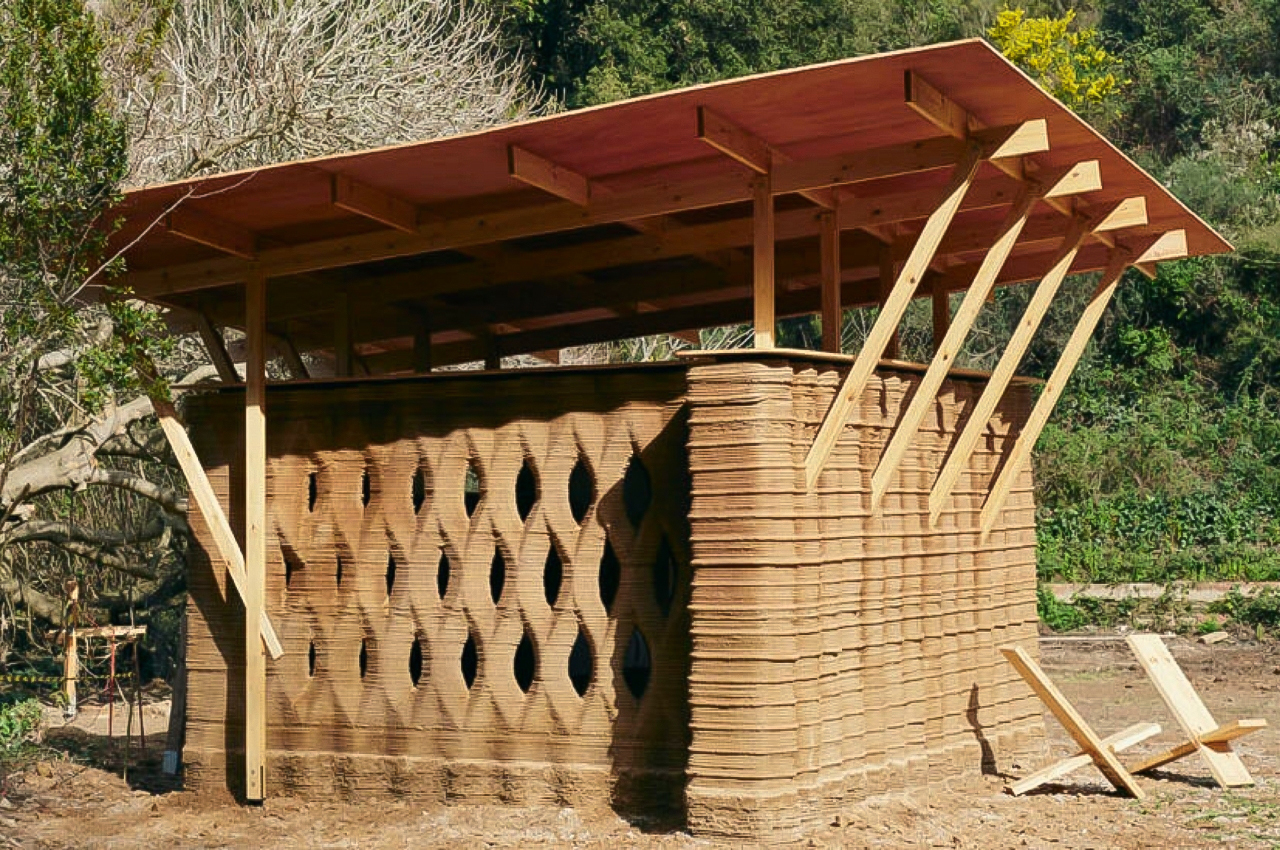
The latest trend in architecture and product development is 3D printing. On its own, you still probably cannot create something like an entire house but if you combine it with other techniques, like the age-old material of clay, then you can come up with something that’s both sustainable and beautiful. Some postgraduates from Spain have combined these two practices and come up with their country’s first prototype that uses 3D printing and is made from clay.
Designer: Advanced Architecture of Catalonia

Clay is actually one of the oldest building materials that archaeologists have uncovered. Whether it uses the sun as its hardener or it’s fired in kilns, it’s one of the most sustainable and sturdiest materials available. So these students were able to combine it with the more modern technique of 3D printing materials to come up with TOVA, the first prototype of a habitat in Spain that uses these two techniques. We get a habitat with a simple yet elegant design and a sustainable one at that.

It also has a functional design with a sloping roof meant to let rainwater slide off of it while the gravel drainage is able to be the basin for the excess water. If the weather is too hot or too cold, the framed, insulated ceiling is able to give you better temperature control either way. The window allows natural light to brighten the space while the walls have ventilation holes for fresh air. It’s not a mansion of course but there’s room for a foldaway bed inside the house.


Using polymers as its substructure, wood for its roof, and T and L joints for its walls, you get a house with a wavy exterior so that it is able to match the natural water currents and other natural shapes that you associate with its surroundings. We of course love habitats that fit in with its environment, not just in terms of materials but even more so with the structure and overall design. It’s surrounded by tall trees and other natural things so you have somewhere you can breathe inside and out. The TOVA prototype looks like it came out of ancient times but is built using more modern techniques.




